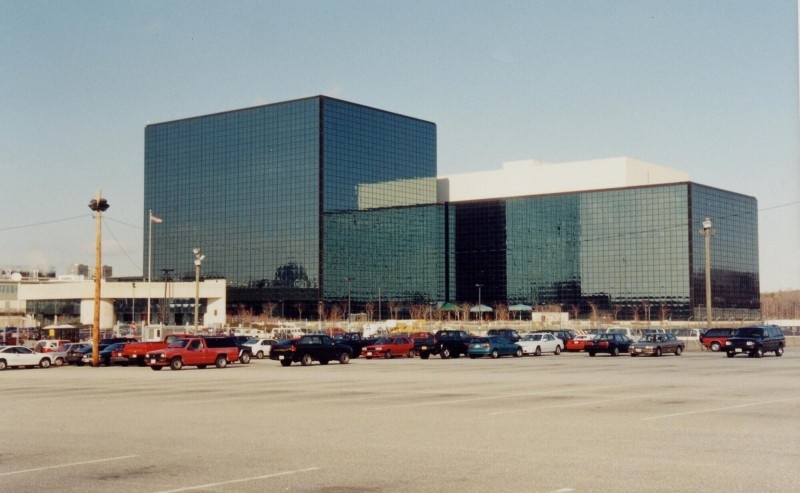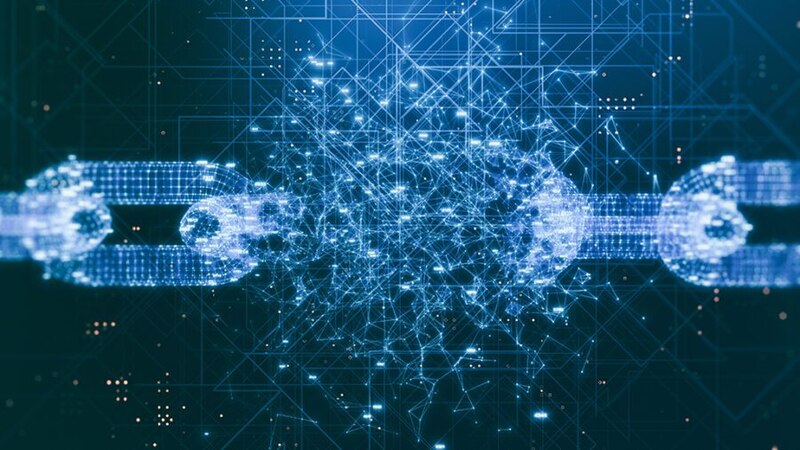In the digital age, cybersecurity is not just a necessity; it is a cornerstone of national security. With the increasing frequency and sophistication of cyberattacks, the National Security Agency and blockchain technology are at the forefront of finding innovative solutions to protect the nation’s most sensitive data and infrastructure. Known primarily for its role in cryptocurrency, blockchain’s potential in enhancing cybersecurity is now being recognized by the NSA as a game-changing tool in safeguarding national security. Stay updated with the latest insights on this topic at forextrendnews.
Overview of blockchain in cybersecurity
Blockchain’s security features
Blockchain technology is inherently secure, thanks to its decentralized nature and cryptographic principles. Unlike traditional centralized systems where a single point of failure can compromise an entire network, blockchain distributes data across multiple nodes. This distribution ensures that even if one node is compromised, the rest of the network remains secure.
Each transaction within a blockchain is encrypted and linked to the previous transaction, creating a chain of data blocks that are nearly impossible to alter without detection. This feature makes blockchain particularly effective in protecting data integrity, as any attempt to change a block would require altering all subsequent blocks, a task that is both time-consuming and easily detectable.
Blockchain vs. traditional security measures
Traditional cybersecurity measures often rely on centralized databases and networks, which can be vulnerable to attacks. Hackers typically target these central points of control, and once breached, they can access and manipulate vast amounts of data. Blockchain, by contrast, eliminates this central point of failure by decentralizing data storage and processing.
Moreover, traditional security systems often depend on trust—trust in the entities managing the data and in the security protocols they implement. Blockchain, however, operates on a trustless model, where cryptographic proof replaces trust. This approach reduces the risk of insider threats and ensures that data remains secure even if the managing entity is compromised.

National Security Agency and blockchain technology: cybersecurity initiatives
Securing national databases
National databases contain some of the most sensitive information in the country, ranging from intelligence reports to citizen data. Protecting these databases from unauthorized access and tampering is a top priority for the NSA. Blockchain offers a solution by providing a secure and transparent method for storing and managing this data.
By implementing blockchain, the NSA can ensure that all data entries are encrypted and verified through a consensus mechanism, making it nearly impossible for unauthorized users to alter the information. Additionally, blockchain’s audit trail allows for real-time monitoring of all data transactions, enabling the NSA to detect and respond to potential threats quickly.
Protecting government networks
Government networks are prime targets for cyberattacks, given the valuable information they transmit and store. The NSA is exploring the use of blockchain to secure these networks by creating encrypted communication channels that are resistant to interception and tampering.
Blockchain’s decentralized nature ensures that even if one part of the network is compromised, the rest remains secure. Furthermore, the use of smart contracts—self-executing contracts with the terms of the agreement directly written into code—can automate security protocols and ensure that only authorized personnel can access sensitive information.
Blockchain in cyber defense
Cyber defense is a critical component of national security, and blockchain is emerging as a powerful tool in this arena. The NSA can utilize blockchain to create decentralized, resilient systems that can withstand even the most sophisticated cyberattacks.
For example, blockchain can be used to secure the supply chains of critical defense infrastructure, ensuring that every component, from hardware to software, is authenticated and verified. This prevents the introduction of compromised or counterfeit components that could be used to exploit vulnerabilities in the system.

Blockchain’s role in protecting national infrastructure
Critical infrastructure protection
The protection of national infrastructure—such as power grids, transportation systems, and communication networks—is essential for maintaining national security. These systems are increasingly interconnected and reliant on digital networks, making them vulnerable to cyberattacks.
Blockchain technology can enhance the security of these systems by decentralizing control and creating immutable records of all transactions and operations. For instance, blockchain can be used to manage access to critical infrastructure, ensuring that only authorized individuals can make changes or access sensitive data. This reduces the risk of sabotage or unauthorized access, which could lead to catastrophic failures.
Preventing cyber terrorism
Cyber terrorism poses a significant threat to national security, with the potential to disrupt essential services, steal sensitive information, and cause widespread panic. Blockchain offers a new line of defense against such threats by providing a secure and transparent platform for monitoring and controlling critical infrastructure.
The NSA can use blockchain to track and verify all transactions and activities within critical infrastructure networks, making it easier to detect and prevent malicious activities. Additionally, blockchain’s transparency ensures that any attempt to tamper with or disrupt the system is immediately visible, allowing for a rapid response to potential threats.

Ethical and legal implications
Privacy concerns in cybersecurity
The use of blockchain in national security, particularly in cybersecurity, raises important ethical questions about privacy. While blockchain offers enhanced security, its transparency could potentially expose sensitive information if not managed carefully.
The NSA must balance the need for security with the protection of individual privacy. This can be achieved by implementing privacy-enhancing technologies, such as zero-knowledge proofs, which allow data to be verified without revealing the data itself. Additionally, the use of private blockchains, where access is restricted to authorized users, can further protect sensitive information while still leveraging the benefits of blockchain technology.
Regulatory compliance
As blockchain technology continues to evolve, so too must the legal frameworks that govern its use in national security. The NSA faces the challenge of ensuring that its blockchain initiatives comply with existing laws and regulations, particularly those related to data protection and privacy.
To address these challenges, the NSA is working closely with legal experts and policymakers to develop and implement regulations that support the responsible use of blockchain in national security. This includes creating guidelines for the ethical use of blockchain in cybersecurity and ensuring that all blockchain applications are subject to rigorous oversight and accountability.

Future trends in blockchain and cybersecurity
Emerging technologies
The future of blockchain in cybersecurity is bright, with several emerging technologies offering new opportunities for enhancing national security. For example, quantum-resistant blockchains are being developed to protect against the potential threat posed by quantum computing, which could potentially break current cryptographic methods.
The NSA is actively researching these emerging technologies, exploring how they can be integrated into existing cybersecurity frameworks. By staying ahead of technological advancements, the NSA can ensure that its cybersecurity measures remain effective in the face of evolving threats.
Evolving cyber threats
As cyber threats continue to evolve, so too must the strategies used to defend against them. Blockchain technology offers a flexible and resilient platform for adapting to these changes, providing a foundation for next-generation cybersecurity solutions.
The NSA is exploring how blockchain can be combined with other advanced technologies, such as artificial intelligence and machine learning, to create more sophisticated and responsive cyber defense systems. These systems would be capable of detecting and neutralizing threats in real-time, ensuring that the nation’s critical infrastructure and data remain secure.

In conclusion, the National Security Agency and blockchain technology are at the forefront of cybersecurity innovations, ensuring that sensitive data remains secure in an increasingly digital world. By staying informed on these developments, readers gain valuable insights into how these advancements protect national interests and personal information.

